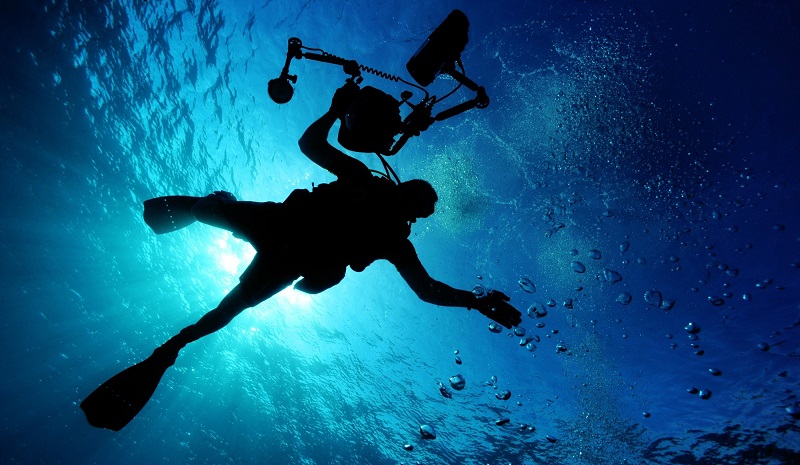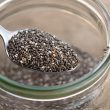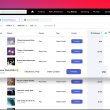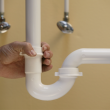Dive in with both feet.
23 million people all around the world have scuba diving certification. Scuba has shot up in popularity over the last two decades, and it will only continue to grow. It’s safe, affordable, and fun.
But many people have questions about scuba. Once you learn some basic tips, you can start diving in no time. Here are seven basic scuba diving tips.
Table of Contents
1. Check Your Scuba Diving Gear
Every piece of scuba diving gear is important, but three pieces in particular are essential.
You need a wetsuit that will keep you warm in cold water. Try several to see how you move around in them. Pick the wetsuit that maximizes comfort and flexibility.
Test out different scuba masks. Place the mask over your face and take a look through the goggles. Purchase the one that gives you the clearest view.
2. Conserve Your Air
Your air tank is perhaps your most important piece of equipment. As you start out, you are going to use a lot of air. As you develop more experience, you can find techniques so you use less through the dive.
Avoid exerting yourself. Move slowly through the water, and remove any excess equipment. The slower you move and the less you weigh, the less air you will use.
3. Go in a Group
You need certification before you start diving. Research dive schools in your area, choosing the instructors with the most experience.
Develop a rapport with someone in your class. Be dive buddies for each other.
As dive buddies, you will watch out for each other while you dive. Make a plan about how deep you will go, how long you will stay in the water, and what you will do if the two of you get separated.
Communicate with each other through dive slates and hand signals. Ask your dive instructor about common signals, but you can also develop your own code.
4. Control Your Buoyancy
You need to keep yourself in place so you don’t bob. Do not wear excess gear that pulls you down, but wear enough gear so you don’t float.
Control your breathing so every breath you take uses the same amount of air. A sudden deep breath may cause you to sink. Use your arms to propel yourself if you are sinking, and spread your arms apart to keep in place.
5. Stay Healthy
Drink lots of water before the dive. You will sweat a lot, even in cold water.
Avoid seasickness. Take a pill like Dramamine, and eat foods that don’t excite the stomach. Stay on deck and remain calm and stable.
Learn the signs of nitrogen narcosis. If you are feeling impaired, start to surface slowly, while following directions from your instructor.
6. Learn Directions
Learn how to use a compass. Go out into a field and practice navigating in all four directions. Keep practicing until you can walk in a circle and return to the same spot using the compass.
Map out a dive site in advance, sketching it out on your slate. Use navigational charts to determine the shape and dimensions of your site.
7. Have Fun
Have fun while scuba diving! Take in the beautiful sights all around you.
Let fish swim up to you, and feel the ebb and flow of the currents on your body. Learn how to spot fish and exotic corals.
Enjoy the Great Outdoors
Scuba diving is popular because it is easy to learn. Understand some basic tips, and you’ll be in the water in no time.
Get the right equipment, especially an air tank. Find a dive buddy, and learn how to communicate with each other. Keep healthy, learn how to navigate, and have some fun while you’re out there.
The great outdoors are calling out to you. Learn more about outdoor activities with our coverage.

















